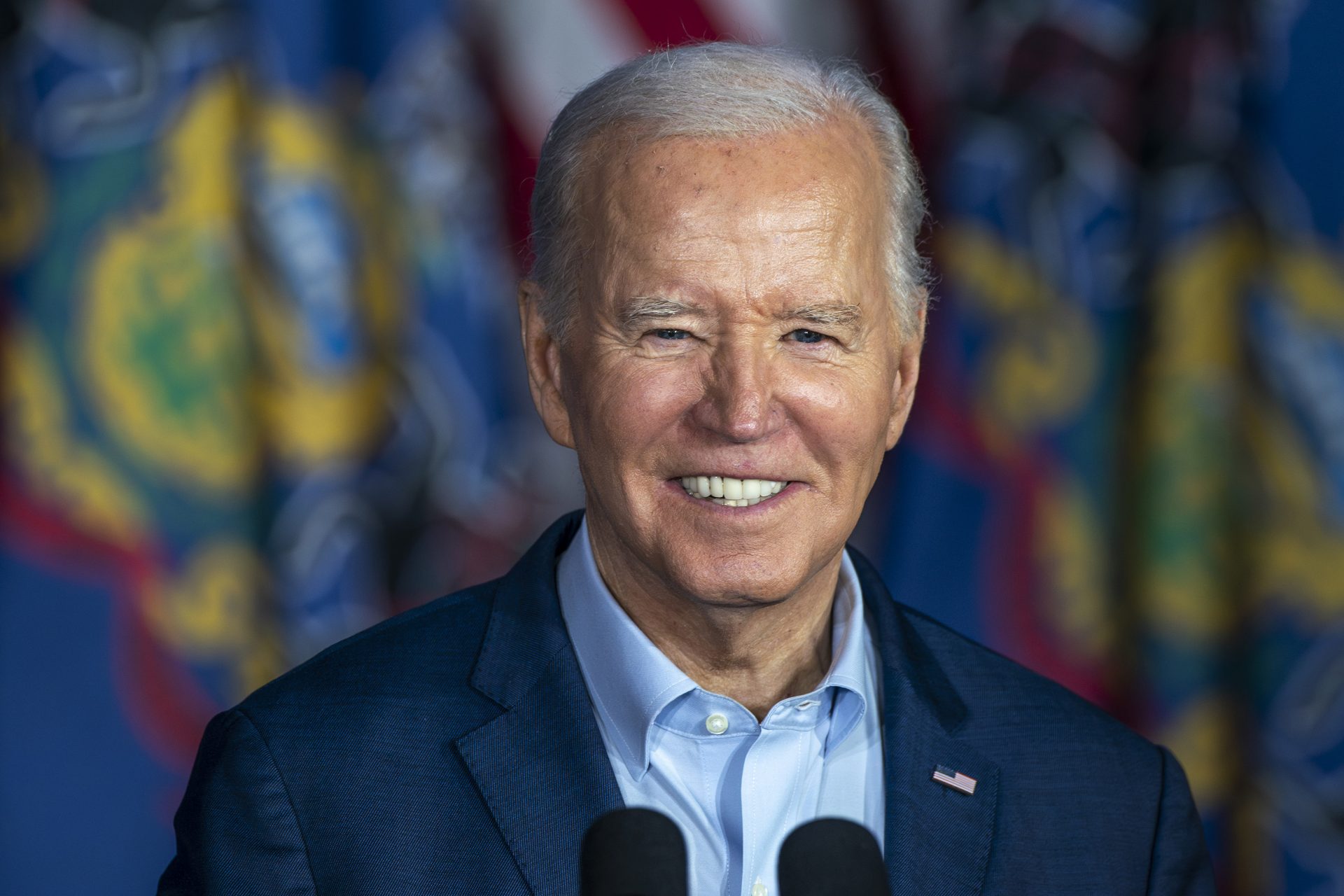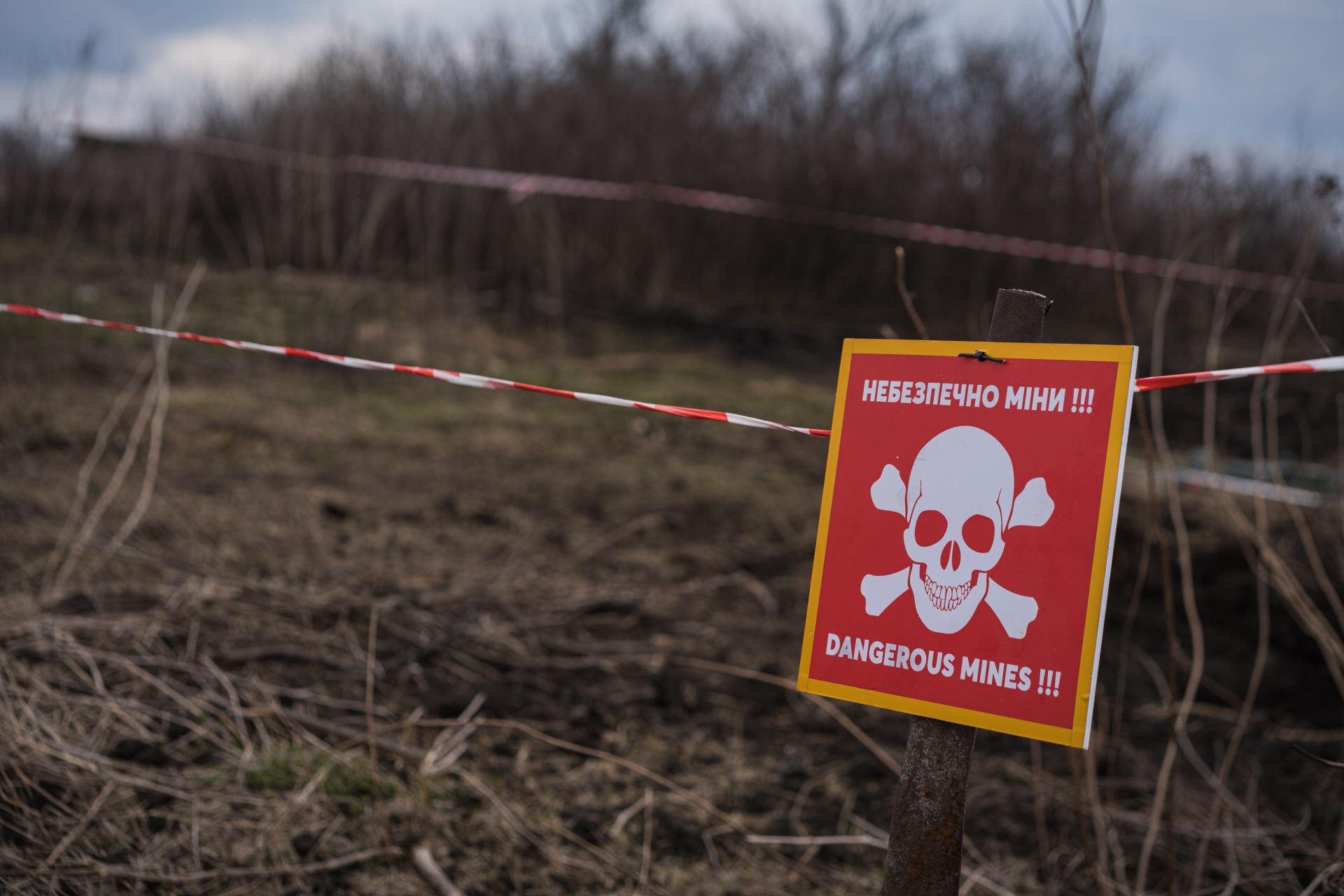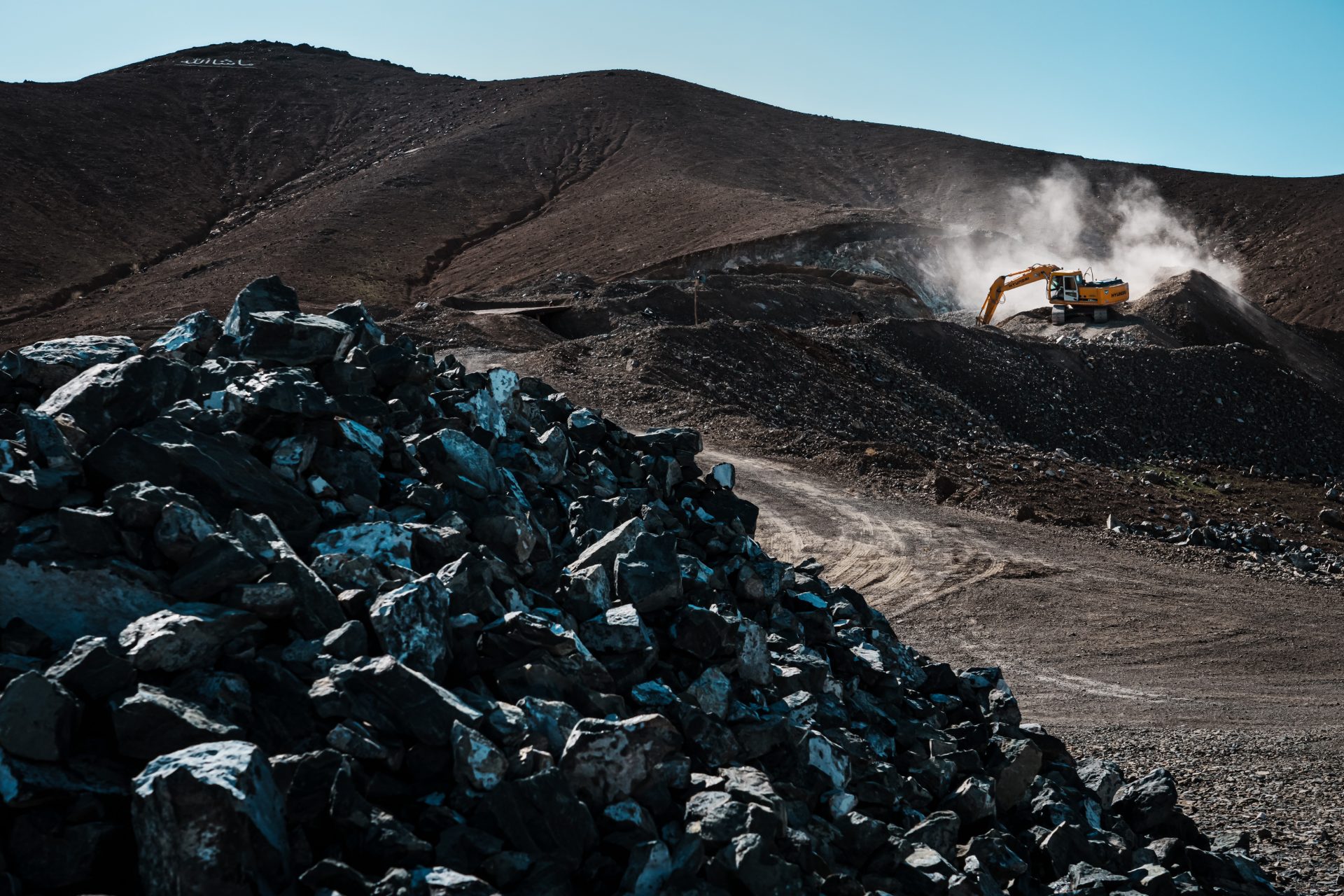The baby formula crisis isn't quite over yet
The baby formula shortage might be easing for many, but lots of families in the United States are still affected.
CNN quotes a report by marketing research firm Information Resources Inc. claiming that by the end of July, 30% of powdered baby formula was still out of stock.
Image: Jomjakkapat Parrueng / Unsplash
CNN points out that although the hardest days of the shortage are apparently behind, it will take some time until things are back to normal.
Abbott Nutrition announced that its Sturgis, Michigan plant resumed operations on July 1 after several weeks closed down.
Abbott is one of the four companies that produce over 90% of baby formula in the United States, NPR points out.
The Biden Administration, meanwhile, has been trying to manage the situation by flying in baby formula from abroad, among other emergency policies.
The US Department of Health and Human Resources announced in a statement that it will have completed 48 flights and imported more than 55 million, 8-ounce bottle equivalents of infant formula by July 17.
TIME magazine reports that a series of factors have piled up to create the current baby formula shortage.
First, there are the global supply chain problems, with bottlenecks disrupting the flow of goods from Shanghai (pictured) to Oakland and all over the world for most of 2020 and well into 2022.
Secondly, the war between Ukraine and Russia has put worldwide food production in a critical spot. Both countries are agricultural powerhouses that supply all sorts of goods, from wheat to fertilizers, to many countries around the globe.
However, Forbes points out that 98% of the baby formula consumed in the United States is produced domestically. Though, many raw materials faced importation problems due to the Covid-19 pandemic.
The real culprit of the baby formula shortage has been singled out as an Abbott Nutrition plant in Sturgis, Michigan, which produced some of the most popular baby formula brands.
Associated Press reported that the Abbott Nutrition plant, the biggest of its kind in the United States, recalled several lots of three baby formulas they produce, after it was discovered that they were contaminated.
The baby formula produced by Abbott Nutrition carried a rare bacteria, cronobacter, that caused infections in four babies, two of which passed away.
The FDA closed the plant for inspection, discovering several issues. Not only did they find the rare bacteria around the facilities, but also standing water on the factory floor and employees that didn’t properly sanitize their hands.
Abbott Nutrition reopened on June 4 after committing to additional hygiene and safety protocols, but it was forced to close down again a few weeks later due to weather-related damage, ABC News informs.
The Biden Administration has taken several measures to handle the baby formula crisis throughout 2022.
According to NPR, the FDA announced on July 6 that it would seek to help foreign baby formula producers to supply the US market. This would streamline imports and help to fulfill quotas against shortages.
“The need to diversify and strengthen the US infant formula supply is more important than ever”, said the FDA commissioner, Dr. Robert Califf, and Susan Mayne, the director of the agency's Center for Food Safety and Applied Nutrition, in a statement.
On June 22, the US government provided logistical support to import 16 million 8-ounce baby formula bottles from Mexico to ease the ongoing nationwide formula shortage, ABC News reports.
Fox Business reveals that by late May, the situation was so dire that 70% of most popular formula brands could not be found in US retailers.
The baby formula crisis has grown increasingly worse in the past few months. According to a Datasembly study on over 11,000 stores cited by TIME magazine, the shortage has gone from 11% in November to 30% in mid-April to over 40% in early May to 70% in late June.
FDA Commissioner Robert Califf declared on May 27 to the Senate Health Committee that the shortage would continue at least until July, according to the website The Hill.
NPR reported that on June 3 the US Health Department opened a federal investigation on the FDA about whether it correctly handled the Abbott Sturgis plant case and the ensuing baby formula crisis.
Meanwhile, Delaware, Kansas, and Tennessee were reported by The Wall Street Journal as the US states hit the most by the infant formula crisis.
The baby formula shortage has also been felt in some provinces of neighboring Canada, such as Saskatchewan.
On May 19, the Biden Administration established Operation Fly Formula, using planes from the Defense Department to import emergency baby formula from abroad.
CNN wrote that the US government had secured a deal with Nestle to bring 1.5 million eight-ounce bottles of formula from Switzerland.
Other agreements have also been made with other companies, such as Netherlands-based Nutricia and and the British Kendamil.
The baby milk imported by Operation Fly Formula is hypoallergenic, meaning that it can be safely consumed by children who are allergic to cow milk.
The Biden Administration has also invoked the Defense Production Act, demanding baby formula manufacturers speed up production and fill quotas to eliminate production bottlenecks, as The Guardian explains.
White House officials have also asked desperate parents to not concoct makeshift replacements for baby formula, since these could be potentially risky.
Image: bady abbas / Unsplash
At the same time, others have taken the opportunity to highlight the advantages of breastfeeding over using infant formula.
Image: Dave Clubb / Unsplash
However, not all parents and families have that option and for them, formula is the only option.
More for you
Top Stories















































